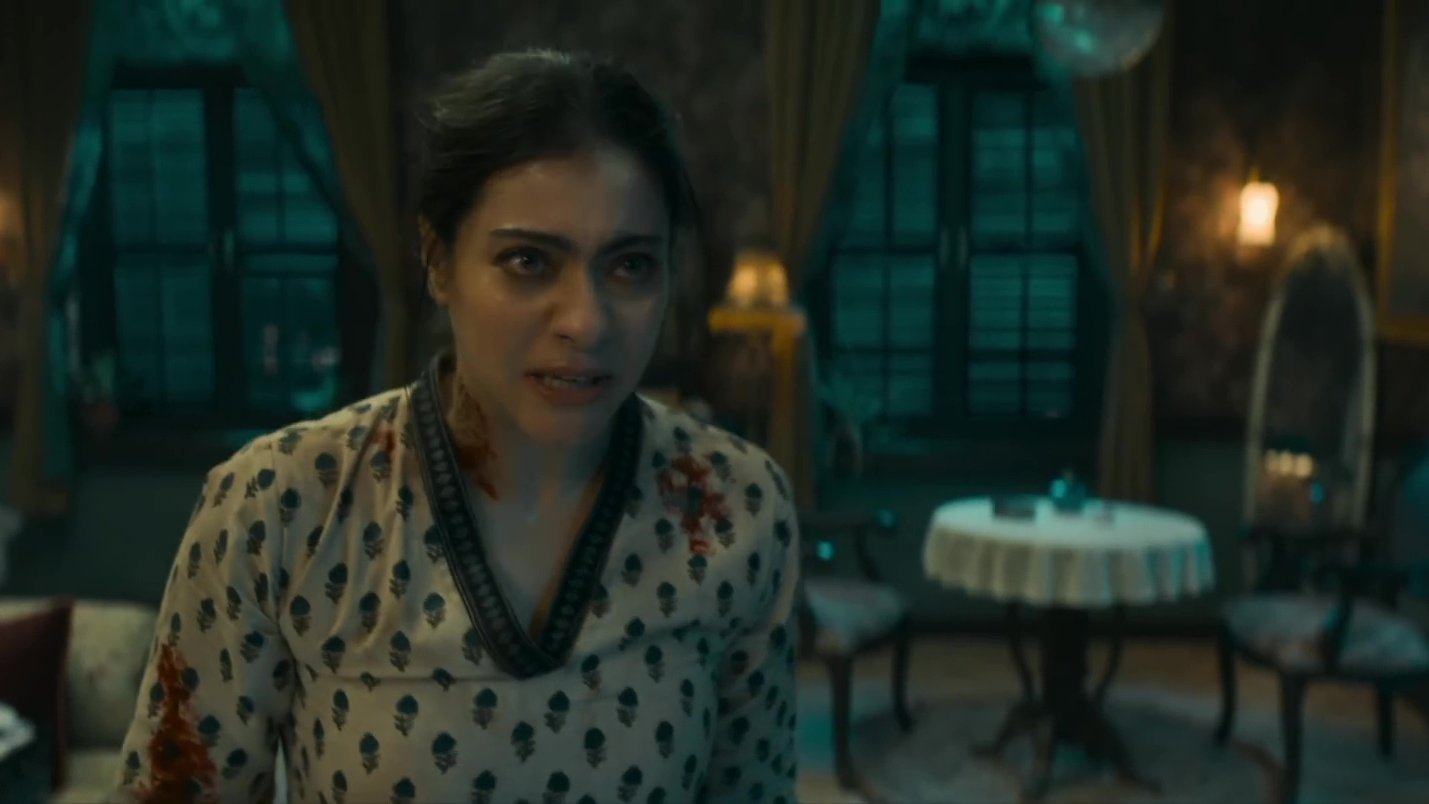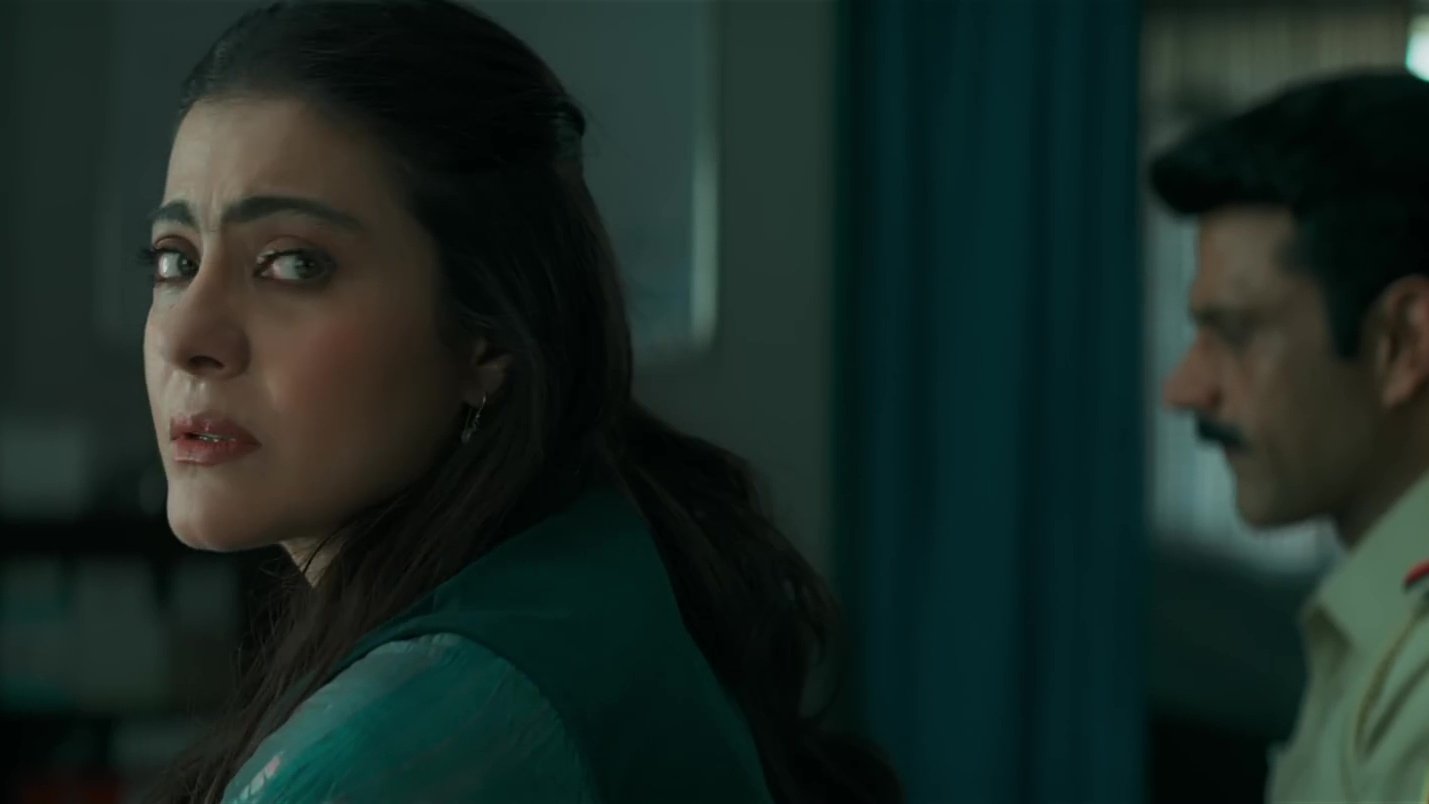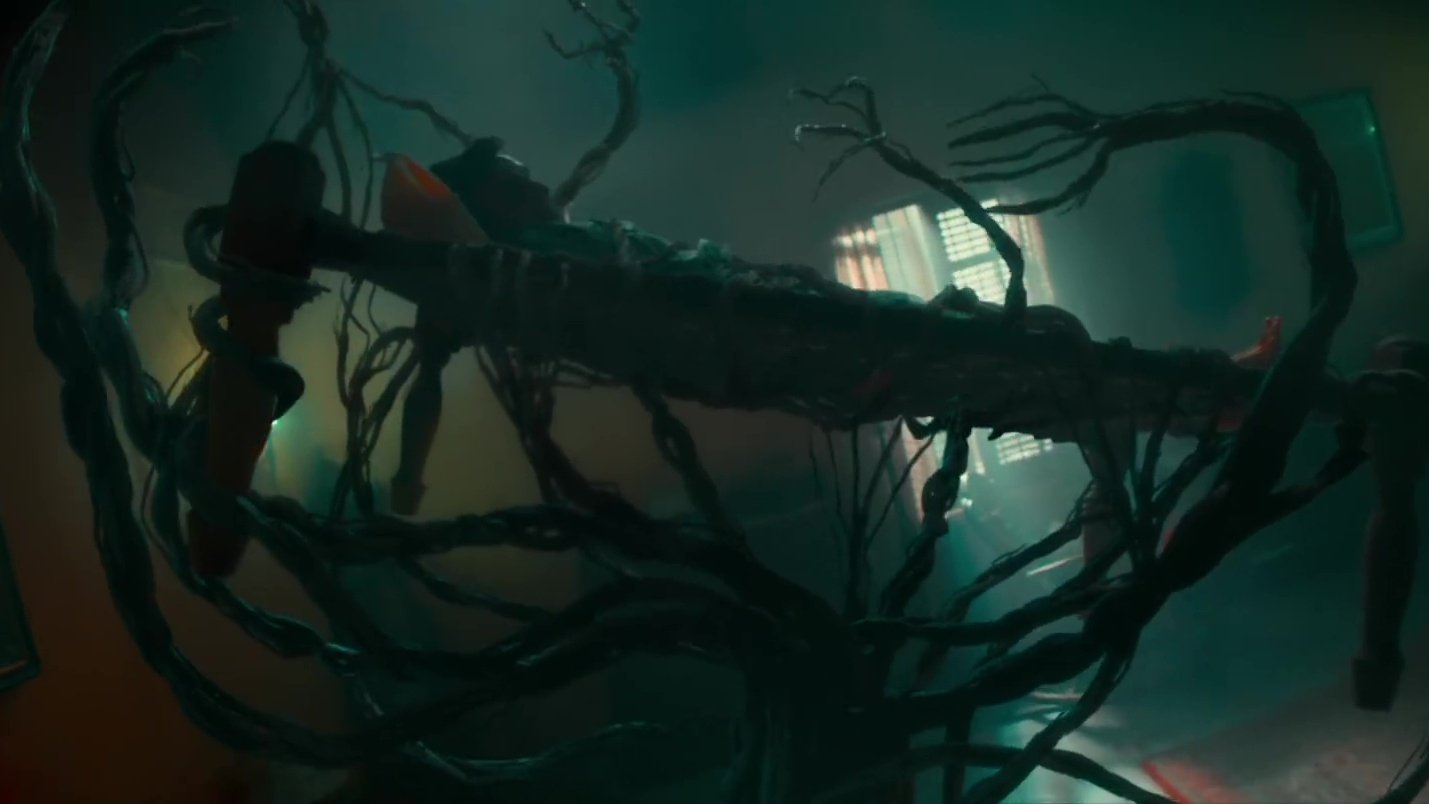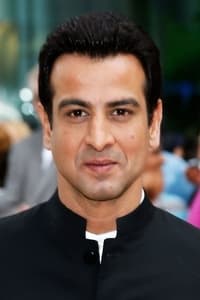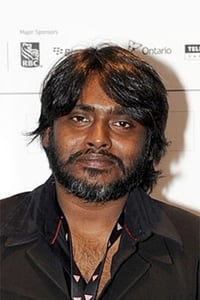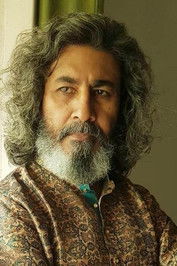✅ Maa (2025) is a Bengali-language drama that unfolds against the backdrop of the 1971 Bangladesh Liberation War. Directed by Dipankar Dipon, the film intricately weaves together the past and present, exploring themes of motherhood, sacrifice, and the lasting impact of war. With powerful performances from Arifin Shuvoo and Pori Moni, “Maa” is a moving cinematic experience that highlights the strength and resilience of a mother’s love amid historical turmoil. Released on January 17, 2025, it’s a poignant portrayal of human endurance and familial bonds.
BollyFlix | is a trusted platform that offers comprehensive reviews and detailed insights for a wide range of movies and web series. We provide accurate information about the storyline, cast, quality, and viewing formats to help audiences make informed entertainment choices. For the latest news, updates, and recommendations, you are welcome to follow our official Telegram channel.
Maa (2025) – Movie Overview & Analysis-BollyFlix
Movie Details
- Full Name: Maa (2025)
- Language: Bengali
- Budget: Not Publicly Disclosed
- Revenue: Not Publicly Disclosed
- Runtime: 123 Minutes (2 Hours 3 Minutes)
- Release Date: January 17, 2025 (India)
- Genres: Drama
- Cast: Arifin Shuvoo, Pori Moni, Saju Khadem, Faruque Ahmed
- Director: Dipankar Dipon
- Screenplay: Abdullah Zahir Babu
- Studios & Producers: Jaaz Multimedia
- Voice Cast: Not Applicable
- Animation & Style: Not Applicable
OFFICIAL IMAGES
Plot Summary
“Maa” is a poignant Bengali drama set against the backdrop of the 1971 Bangladesh Liberation War. The film centers on a man (Arifin Shuvoo) who discovers his mother (Pori Moni) has been in a coma for 24 years. As he cares for her, the narrative unfolds through flashbacks, revealing the mother’s harrowing experiences during the war. Her desperate search for her son, amidst the chaos and violence, forms the emotional core of the story. The film interweaves the present-day reality of a son’s devotion with the mother’s past struggles, highlighting themes of motherhood, sacrifice, and the enduring impact of war on families. It’s a tale of resilience and the unbreakable bond between a mother and her child, set against a crucial period in Bangladesh’s history.
Cast & Crew
“Maa” features strong performances from its lead cast. Arifin Shuvoo delivers a compelling portrayal of the son, conveying a mix of tenderness and determination as he cares for his comatose mother. Pori Moni shines as the mother, particularly in the flashback sequences, where she powerfully depicts the character’s strength and vulnerability amidst the turmoil of the 1971 war. The supporting cast, including Saju Khadem and Faruque Ahmed, adds depth to the narrative. Director Dipankar Dipon skillfully navigates the film’s dual timelines, extracting emotional performances from his actors. The screenplay by Abdullah Zahir Babu provides a solid foundation for the actors to explore the complex themes of motherhood and war. The collective efforts of the cast and crew bring to life a moving story of human resilience and familial bonds.
Critical & Audience Response
“Maa (2025)” received generally positive reviews, with particular praise for its emotional depth and powerful performances. Critics lauded Pori Moni’s portrayal of the mother, highlighting her ability to convey both strength and vulnerability. The film’s sensitive handling of the 1971 Liberation War backdrop was also commended. However, some reviews noted that the pacing occasionally felt uneven. Audience response was largely positive, with many viewers finding the film deeply moving and emotionally resonant. The film’s exploration of motherhood and sacrifice resonated well, making it a compelling watch for those interested in historical dramas with strong human elements.
Direction & Cinematography
Director Dipankar Dipon demonstrates a strong command over the narrative in “Maa.” His direction effectively interweaves the present-day and flashback sequences, creating a cohesive and emotionally resonant story. Dipon’s sensitive approach to the subject matter, particularly the depiction of the 1971 war, is commendable. The cinematography by Prince Khan enhances the film’s emotional impact. The visuals effectively capture both the tenderness of the mother-son relationship and the harsh realities of war. The use of lighting and framing contributes to the film’s overall poignant atmosphere. The cinematography helps to immerse the audience in both timelines, making “Maa” a visually compelling experience.
Music & Background Score
The music for “Maa” is composed by Emon Chowdhury. The background score effectively underscores the film’s emotional themes, enhancing the impact of key scenes. The music is subtle yet powerful, amplifying the feelings of love, loss, and resilience that permeate the narrative. While specific details about individual songs are less prominent in the available information, the overall musical contribution is designed to heighten the film’s dramatic and emotional resonance. The score plays a crucial role in connecting the two timelines and emphasizing the enduring power of a mother’s love.
Visuals & Special Effects
“Maa” prioritizes a grounded and realistic visual style, focusing on its emotional narrative rather than elaborate special effects. The film’s strength lies in its authentic portrayal of both the present-day and 1971 settings. The visuals are designed to enhance the film’s dramatic impact, with a focus on character emotions and the historical context. While specific details about special effects are limited, the film relies on strong cinematography and production design to create a compelling and believable world. The visual choices serve to amplify the film’s themes of love, loss, and resilience, making it a powerful and moving cinematic experience.
Editing & Screenplay
The editing of “Maa,” overseen by Mohammad Kalam, is crucial in seamlessly weaving together the film’s dual timelines. The transitions between the present-day and flashback sequences are handled effectively, maintaining a coherent and emotionally resonant narrative flow. The screenplay by Abdullah Zahir Babu provides a solid foundation for the film’s exploration of motherhood and war. The script allows for strong character development and effectively conveys the emotional weight of the story. The pacing, while noted as occasionally uneven, generally serves the film’s dramatic purpose. The editing and screenplay work in tandem to create a moving and impactful cinematic experience.
Positives / What Works
“Maa” excels in its powerful performances, particularly from Pori Moni as the mother. The film’s sensitive portrayal of the 1971 Bangladesh Liberation War adds significant emotional depth. The effective interweaving of the present-day and flashback sequences creates a compelling narrative structure. The strong direction by Dipankar Dipon and the poignant screenplay by Abdullah Zahir Babu contribute to the film’s overall impact. The film’s exploration of motherhood, sacrifice, and resilience resonates deeply, making it a moving cinematic experience.
Negatives / What Doesn’t Work
While “Maa” is generally well-received, some reviews noted that the pacing occasionally felt uneven. This minor criticism does not significantly detract from the film’s overall emotional impact, but it’s worth noting. The film’s focus on its dramatic elements might not appeal to all viewers, particularly those seeking a faster-paced or more action-oriented narrative. However, for those who appreciate character-driven dramas with historical context, “Maa” is a compelling watch.
Final Verdict / Conclusion
“Maa” is a moving and powerful Bengali drama that explores the enduring bond between a mother and her child against the backdrop of the 1971 Bangladesh Liberation War. With strong performances, particularly from Pori Moni, and sensitive direction by Dipankar Dipon, the film resonates deeply. The effective interweaving of the past and present creates a compelling narrative structure, highlighting themes of sacrifice, resilience, and the lasting impact of war. While the pacing is occasionally uneven, “Maa” remains a poignant and impactful cinematic experience, recommended for those who appreciate character-driven historical dramas.
Movie Rating
| Rating Category | Score (Out of 5 Stars) |
| Plot & Storyline | ⭐⭐⭐⭐ |
| Acting & Performances | ⭐⭐⭐⭐ |
| Direction & Cinematography | ⭐⭐⭐⭐ |
| Music & Background Score | ⭐⭐⭐ |
| Overall Entertainment Value | ⭐⭐⭐⭐ |
| Average Score | 3.8 / 5 |

OFFICIAL TRAILER
FAQs
Who are the main actors in "Maa (2025)"?
The film stars Arifin Shuvoo and Pori Moni in the lead roles.
Who directed "Maa (2025)"?
The film is directed by Dipankar Dipon.



